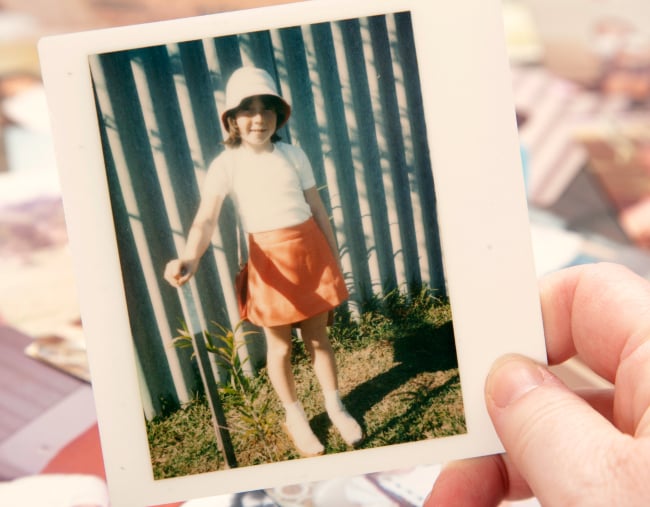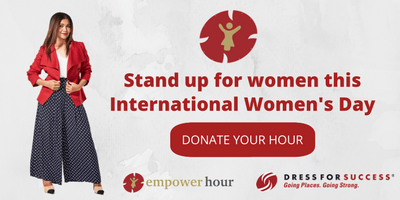
Back in 1979, when I was in Year Five, my school changed its uniform rules. Girls were allowed to wear pants in winter. Slacks, they were called. I wore brown slacks and a yellow skivvy and I loved it. I felt warm and comfortable. But better than that, I felt I was being treated as an equal to the boys.
Around that time, my proudly feminist older sister started referring to herself as “Ms”. So I did the same. Why should I have to signify whether I was married or not, just because I was female? (Of course, being nine years old was probably a bit of a giveaway that I wasn’t married.)
Over in England, Margaret Thatcher became the new prime minister. I thought that was fantastic news (not having a clue about politics). Clearly, women no longer faced any barriers when it came to employment.
It was all very exciting. To me, it felt like we were taking the last few steps towards female equality. We were so close to being equal to men. We would get there really soon, probably sometime in the 1980s.
I was wrong. Obviously.
If the world were 100, this below is what it’d look like today. Post continues after video.
At the age of nine, I had no idea how deep-rooted and insidious inequality was. I never could have imagined that four decades down the track, women in Australia would still be paying the price for being born female. And yet we are.



Top Comments
The worst part is realising that instead of moviing forward at a steady pace, as I had assumed was just the natural path for a society like ours, in some ways things have gone backwards.
For example, childhood. When I was a girl - Running around in t-shirt and shorts, kicking a footy with the girls and boys in my street, loving astronomy, and playing with toys ranging from Matchbox cars, to dolls, Meccano, red, blue, yellow, green and white Lego, Totem Tennis, and riding a green bike to school- was just being an everyday kid.
Today everything seems segregated into pink and blue, the sex stereotypes are stronger and more restrictive than I've seen in my life, and it's a shame that kids are receiving the message that "real girls" and "real boys" do and like certain things, and if they don't, something's amiss. It's horrible to see kids pressured or expected to be in one box or another, and every kid film being a 90 minute franchised toy advert.
The biggest mistake modern feminism is making is to assume that equality of opportunity necessarily leads to equality of outcomes. Men and women ARE different. There is no getting around that. In some of the most liberal / feminist societies (such as Sweden etc) where men and women are free to make whatever choices they want, men and women still choose different things a lot of the time. I think it is time to learn that lesson!
On what measure? What if the measure is time spent seeing family over a lifetime, safety at work, life expectancy, family court bias, gender medical research bias. Life is not only about pay packets.
But why should women be disadvantaged? The biggest mistake you have made here is suggesting that women should just accept it. They might be different, but I do not see why a builder or a welder should make more than a childcare worker or aged care worker. Women's jobs are seen as inferior, when they shouldn't be.
Nor should they be disadvantaged later in life because they had to take time off to raise children. Women are being left in dire straits because they have no super or experience or qualifications.
So, yes, equal but different and we need to acknowledge that the way we have things set up now in public life was to benefit men, it does not do well accommodating women and their extra needs.
Sure. But they have all the information, what they choose is up to them.
To want to create equal outcomes out of unequal wants (between men and women), you end up having to stack the deck against one side. For instance, if twice as many men want to get into a certain career compared to women, to create equality in numbers in that industry you need to discriminate against men - plain and simply. That is not ok. And why is it only ever careers skewed in favour of men that get any efforts to square the numbers put into them. Not seeing too many campaigns to get more men into nursing. Or teaching (which is probably one area where greater gender equality in numbers actually is required).